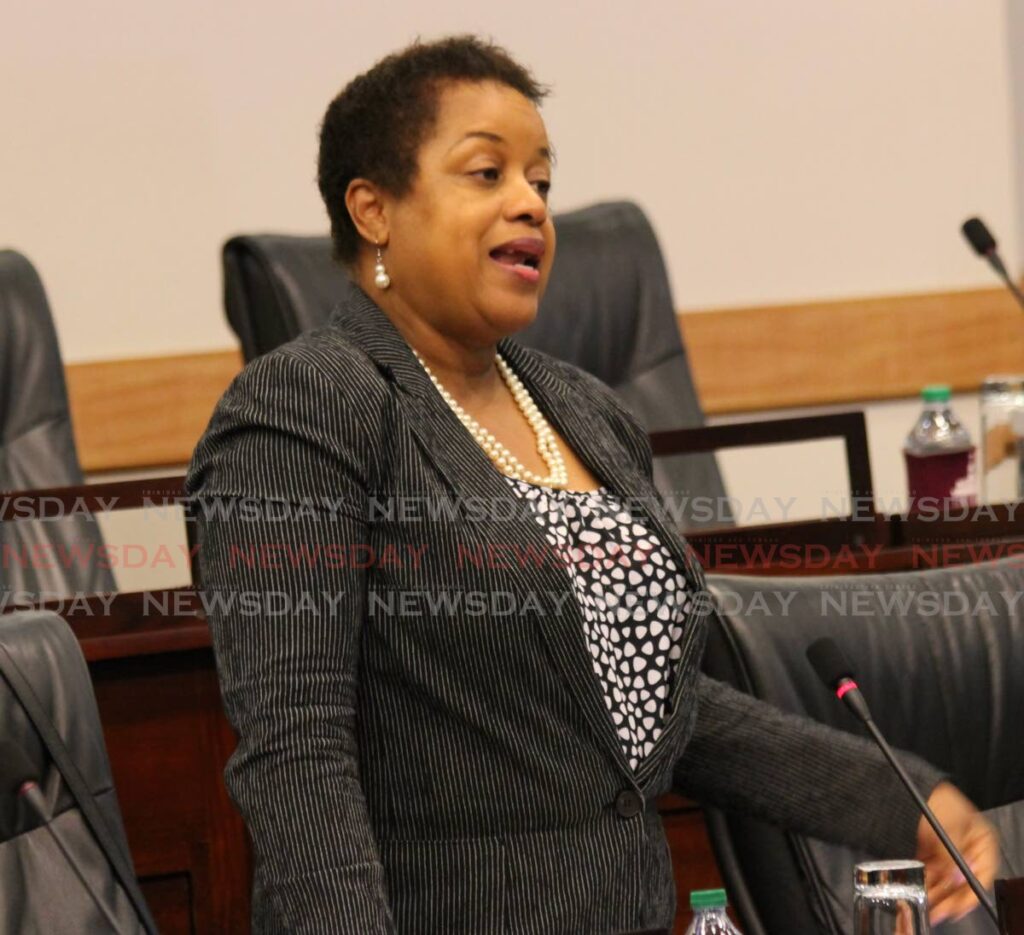Wait to work from home

DESPITE HAVING more than a billion dollars allocated to her ministry, Public Administration Minister Allyson West hopes (not plans) for a draft work-from-home policy (WFH) for government agencies in 2024.
Ms West declared the production of the draft policy to be "an important exercise."
The Government's inability to come to terms with the need for a WFH policy is puzzling since, as an organisation, it was forced to confront the challenges of remote work by force during covid19 restrictions.
Despite that, the Prime Minister declared that the public sector was not ready for a major WFH policy in November 2020, concerned that it required more advanced technical infrastructure and a greater level of discipline, presumably among workers and managers.
The PM's statement suggests that the Government proved unable to develop satisfactory protocols for assigning and monitoring work during long months of forced remote work.
In March 2022, after two years of masks and Zoom meetings, former Leader of Government Business in the Senate, Clarence Rambharat, announced that the development of the state's WFH policy was continuing and a consultant would be engaged to work on the project alongside a special sub-committee.
But all the Government has demonstrated since then is a continued reluctance to engage with WFH as a concept. Why is that? Has the Government assessed reports from its ministries on their experiences with forced WFH? Does the state understand what was and was not achieved during that time?
Too much about the official skittishness about public sector WFH seems to be based more on a personal preference by managers to view their staff at their desks and not on actual reports of diminished productivity, something that goes conspicuously unmeasured in the public service.
This pointed avoidance came during a week that saw massive traffic jams in the city centre because of flooding, causing the loss of thousands of man hours as workers twiddled their thumbs in vehicles, the time normally lost in regular daily traffic writ larger and more boldly that day.
A successful WFH policy cannot be properly implemented until more robust systems of productivity and accountability are present in the public service. The forced regime of state WFH under covid was driven by necessity, but institutional change to support remote work in the public service will demand more substantial rethinking of how public servants are managed.
To make that transformation happen, the state must employ motivated workers. If the Government wants quality workers, it must establish workplace terms and expectations that align with the expectations of the workforce it hopes to attract.
Despite a general rollback of WFH initiatives globally, the workforce learned a lot about work-life balance during covid and pretending that didn't happen is useless and counterproductive.


Comments
"Wait to work from home"